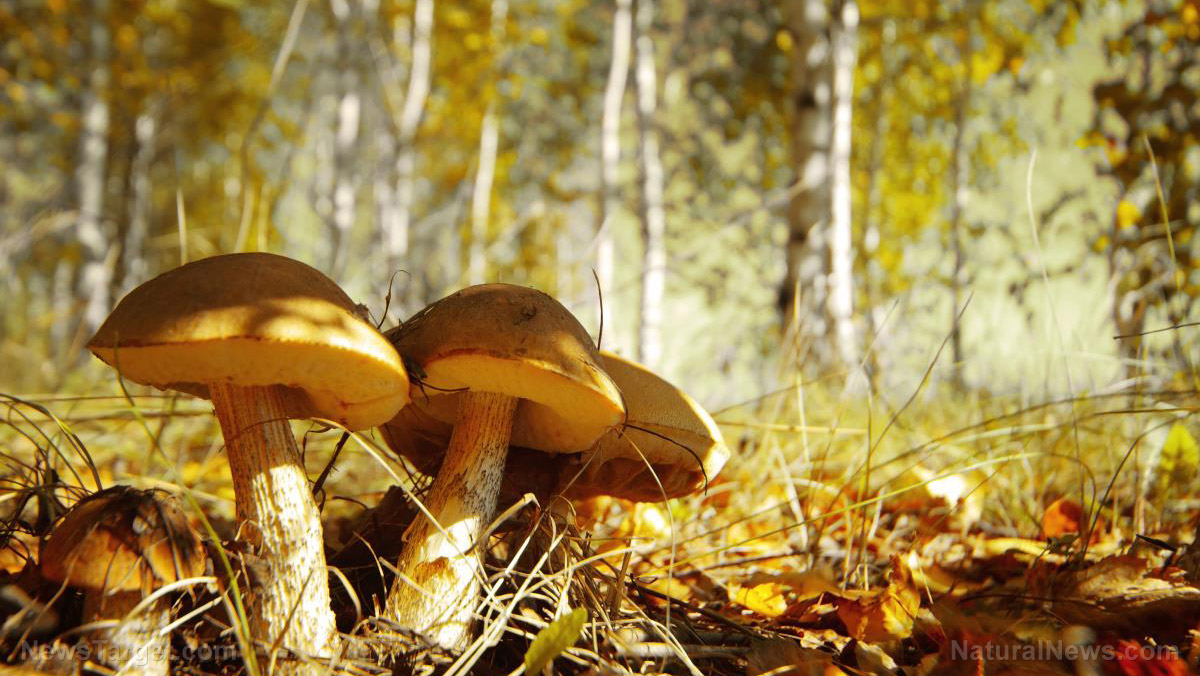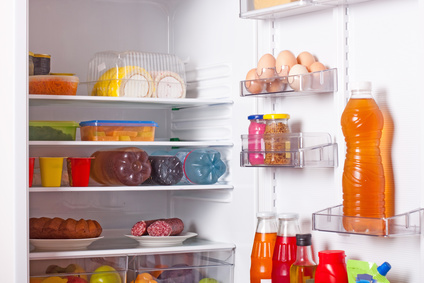
This makes this rare mushroom, which is found in the Amazon rainforest, great for cleaning up landfills: Just plant the mushroom there and leave it to happily eat its fill of plastic. P. microspora is also easy to work with, which opens up the opportunity for further research.
“The relative ease with which organisms can be isolated and screened makes this a highly accessible and environmentally relevant project for engaging undergraduate students in scientific research,” the Yale researchers said in their study.
A dangerous love affair with plastics
It's safe to say that people love their plastics. Since their introduction at the turn of the 20th century, plastics have become a part of everyday living, thanks to their versatility. Plastics are also cheap, which makes them ideal for many applications.
But this love affair has a hefty cost. Because of everyone's dependence on plastics, demand for the product has skyrocketed in recent years. Today, over 300 million tons of plastic products are produced annually, half of which were designed to be used only once and discarded afterward. In 2015, the U.S. Environmental Protection Agency reported that containers and packaging made up 14 million tons of the plastic waste produced that year. This included plastic bottles, wraps, sacks, and other forms of containers.
The oceans take the brunt of the harmful effects of plastic pollution. Over 8 million tons of plastic waste are dumped into the ocean each year, greatly harming marine wildlife. Researchers have also reported finding trace amounts of plastic in marine specimens living in the deepest trenches of the Pacific Ocean.
But it's not just the environmental impact of plastics that make them dangerous. Plastics also contain bisphenol A (BPA), a harmful additive known to cause chronic diseases like Type 2 diabetes and cardiovascular disease. Plastic food containers, feminine hygiene products, and even baby bottles all contain BPA, which can leach into foods or fluids and end up inside the human body.
How about plastic-eating bacteria?
While having a fungi that feeds on plastic is a godsend, researchers discovered that plastic feeders aren't just limited to mushrooms. A team from Kyoto University also found a microbe that can eat polyethylene terephthalate, the main component of water bottles and pieces of clothing. The researchers named this microbe Ideonella sakaiensis. In their report, which was published in Science, they explained how the bacteria can break down PET and use it as an energy source.
The Japanese researchers demonstrated this by placing a PET bottle in a warm jar containing I. sakaiensis. Within a few weeks, the bacteria produced an enzyme that effectively degraded the bottle. The team then identified the gene that coded for the enzyme, replicated it, and achieved similar results in subsequent experiments. According to the team, this could greatly improve plastic recycling and decontamination. The enzymes can break down PET bottles and other plastic items into easy-to-handle chemicals, which can then be used to create new plastics.
Learn more about plastic pollution and what we can do to stop it at Microplastics.news.
Sources include:
Please contact us for more information.























